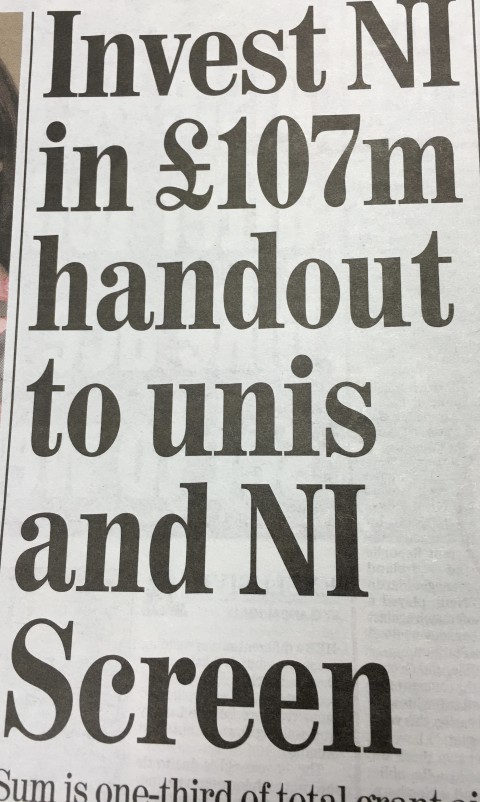It’s worth saying that 2015 has been, on the whole, a pretty challenging year. Things happened beyond my control that I was forced to react to and, in every case, I like to think that I did my best, with the information I had, and the outcomes I could foresee. Did I do everything right … Continue reading “plus ça change, plus c’est la même chose”
It’s worth saying that 2015 has been, on the whole, a pretty challenging year. Things happened beyond my control that I was forced to react to and, in every case, I like to think that I did my best, with the information I had, and the outcomes I could foresee. Did I do everything right in hindsight? No. Would it have been better if I had chosen differently? Maybe. Is it worth worrying about? Absolutely not.
But what did I achieve in 2015?
- I went sailing.
- Got a new job.
- Lost 40lbs.
- Got a qualification in solar power.
- Got debt free.

I am looking forward to 2016 – indeed, I’m looking forward to the remainder of this year – because I’ve taken steps forward which I know I will cherish. But take it as read that when I say “2016”, I really mean “from this moment on”. For the two or three people who read this, this might even echo with some of you.
I want to do things in 2016.
I will be taking a CompCrew course somewhere warm over Easter. I know I will do this. If you want to come along and learn something, by all means. Usually the courses are up to six people so every friend is one less stranger and spending a week learning how to be useful on a yacht is no real hardship. It’s only about £650 or so for a week so why wouldn’t you.
I sold my dinghy earlier this year and I will be buying something bigger. While I have my eye on a Dufour 36 Classic and I’ll be working hard to scrap together the deposit for it one the next six months, even a cabin cruiser would be an improvement. Again – if you fancy going out on the water, ping me. I’ll be looking for excuses.
I want to try video podcasting. I kinda need to learn a bit before I embarrassingly put my face to a video screen but I enjoyed the bit of tech podcasting I did a couple of years ago (until it descended into a rant about Macs versus PCs or Android versus IOS – neither argument I give a shit about).
I want to visit a new country. I’ve been to France, Spain, Portugal, Sardinia, Italy, Estonia, Denmark, Germany, Belgium, Luxembourg, the Netherlands, Sweden, Finland, Russia, Bulgaria, Gibraltar. I’ve not been to Switzerland, Croatia, Austria, Hungary, Poland or Greece or any of Africa. Some of those are on the list.
And I want to start a new business. I have some ideas.







